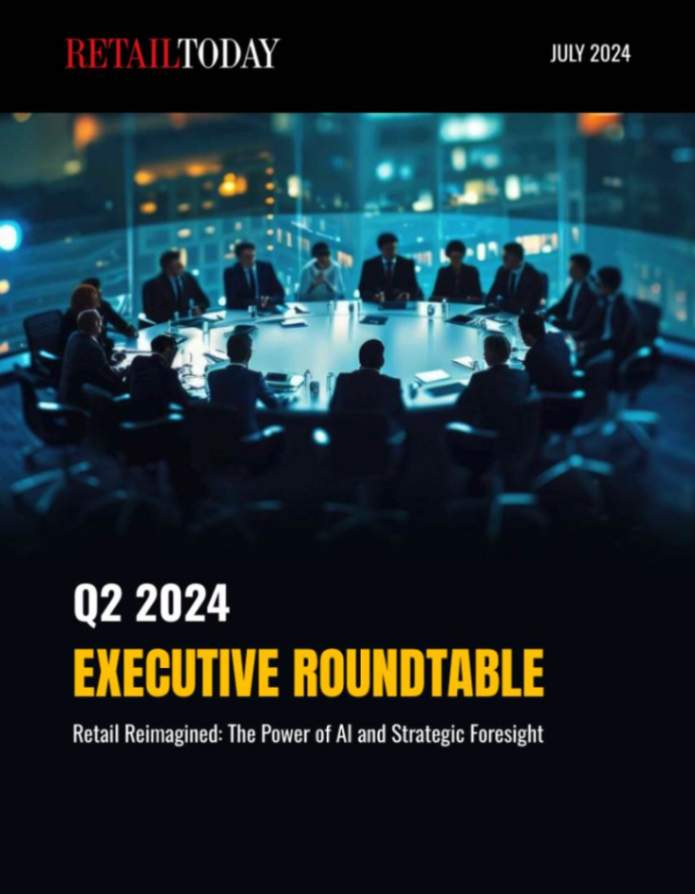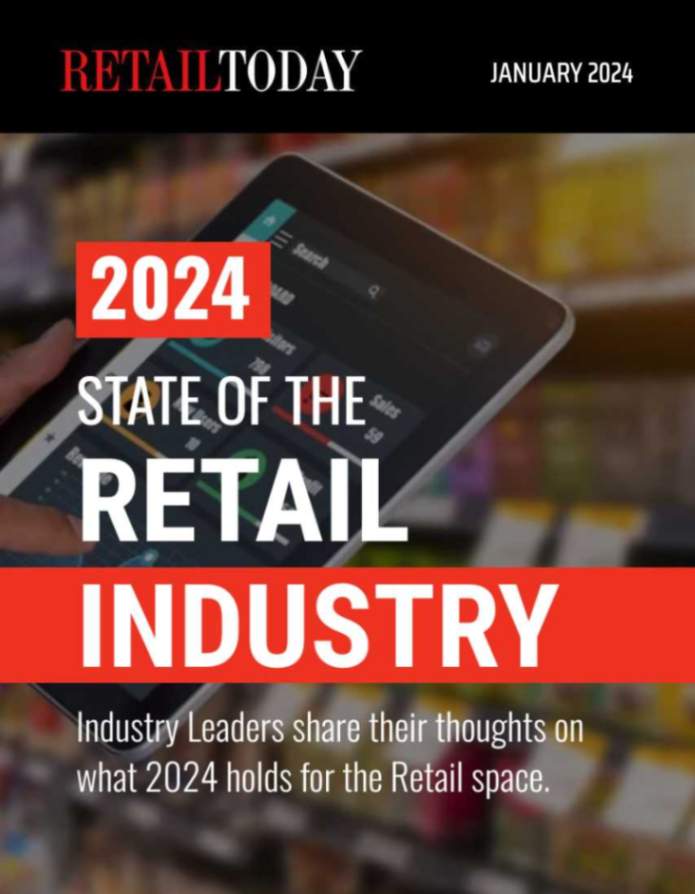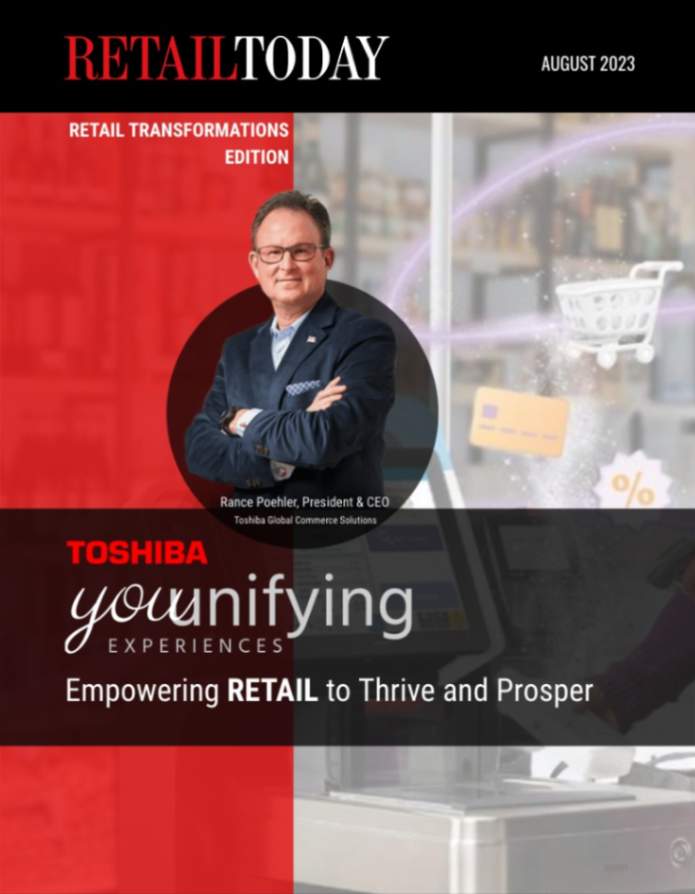
With the urgency of the pandemic in the rearview mirror, many B2B businesses are engaging in their first big rethink on ecommerce. The timing couldn’t be better—not only to apply learnings from the past three years, but also to upgrade products that are likely well past their prime. Implemented about a decade ago, most of these rigid, out-of-the-box platforms were designed B2C-centric and have been tinkered with and amended so much that they are now bogged down by information silos, inefficiencies, and redundancies.
But updating a B2B ecommerce solution can be a daunting challenge. To help you navigate your course, here are the most significant missteps I see—and some advice for avoiding them.
Mistake #1: Underestimating the complexities—and opportunities—of modern ecommerce
One of the biggest mistakes B2B businesses make when updating their ecommerce solutions is failing to appreciate the complexities of the modern ecommerce landscape. Ultimately, this kind of shortsightedness limits how the business can accommodate complex use cases. It also prevents the business from leveraging emergent opportunities, such as marketplace applications.
To avoid this misstep, it is crucial to conduct a comprehensive analysis of all commerce requirements and align them with the expectations of your target audience. Consider factors such as differentiated pricing, promotion, and payment strategies, mobile responsiveness, and integration with other business systems. At the end of the day, you want a robust platform that offers scalability, flexibility, and a wide range of features to meet your specific B2B business needs.
Mistake #2: Misunderstanding the composable model
The composable model has gained significant attention in the world of ecommerce; however, it is often misunderstood by B2B organizations. At its most fundamental, the composable model assumes there is a cascade of events that eventually gets and allows a buyer to place an or order. These events are enabled by assembling pre-built, independent components that can be easily integrated and customized. From a developer perspective, the composable model allows the overall business solution to be assembled from a variety of systems, meshed together using APIs.
By embracing the composable model, B2B marketing organizations can enhance agility, innovation, and scalability within their ecommerce solutions. The modular nature of this approach allows new functionalities and features to be integrated seamlessly. It also enables rapid experimentation and adaptation to changing market trends.
Mistake #3: Opting for easy-for-the-business-to-use rather than easy-for-the-customer-to-use
When assessing new platforms, many marketing organizations fall into the trap of choosing the one that seems easiest for their teams to learn and run. Instead, be sure to keep the focus on the customer experience. What do your buyers need? How can you make the experience easy for them? Your goal, as always, is to offer the right message to the right customer at the right time, constantly and consistently.
And remember: Updating an ecommerce solution needs to be a collaborative process. To make the most of any solution, work closely with your IT and development teams to identify the right components and ensure smooth integration with existing systems.
Modernizing ecommerce solutions requires careful consideration and strategic planning. By recognizing the common pitfalls above and taking proactive steps to address them, CMOs can help ensure a seamless transition to a robust and future-proof solution, one that optimizes processes and delivers the buyer experiences that drive revenue.
Mark Johnson is an accomplished entrepreneurial technology leader with 30 years’ experience building enterprise software and technology services businesses. Most recently he was CEO and Co-Founder of Four51, before it was acquired by Sitecore, where he led the development of a market-leading, MACH-certified, B2B e-commerce platform that highlights the capabilities of composable commerce for complex global enterprises. Mark holds a BA in Economics from St. Olaf College, and revels in disrupting markets and industries by enabling teams to look beyond today’s requirements, delivering beyond what customers expect.







